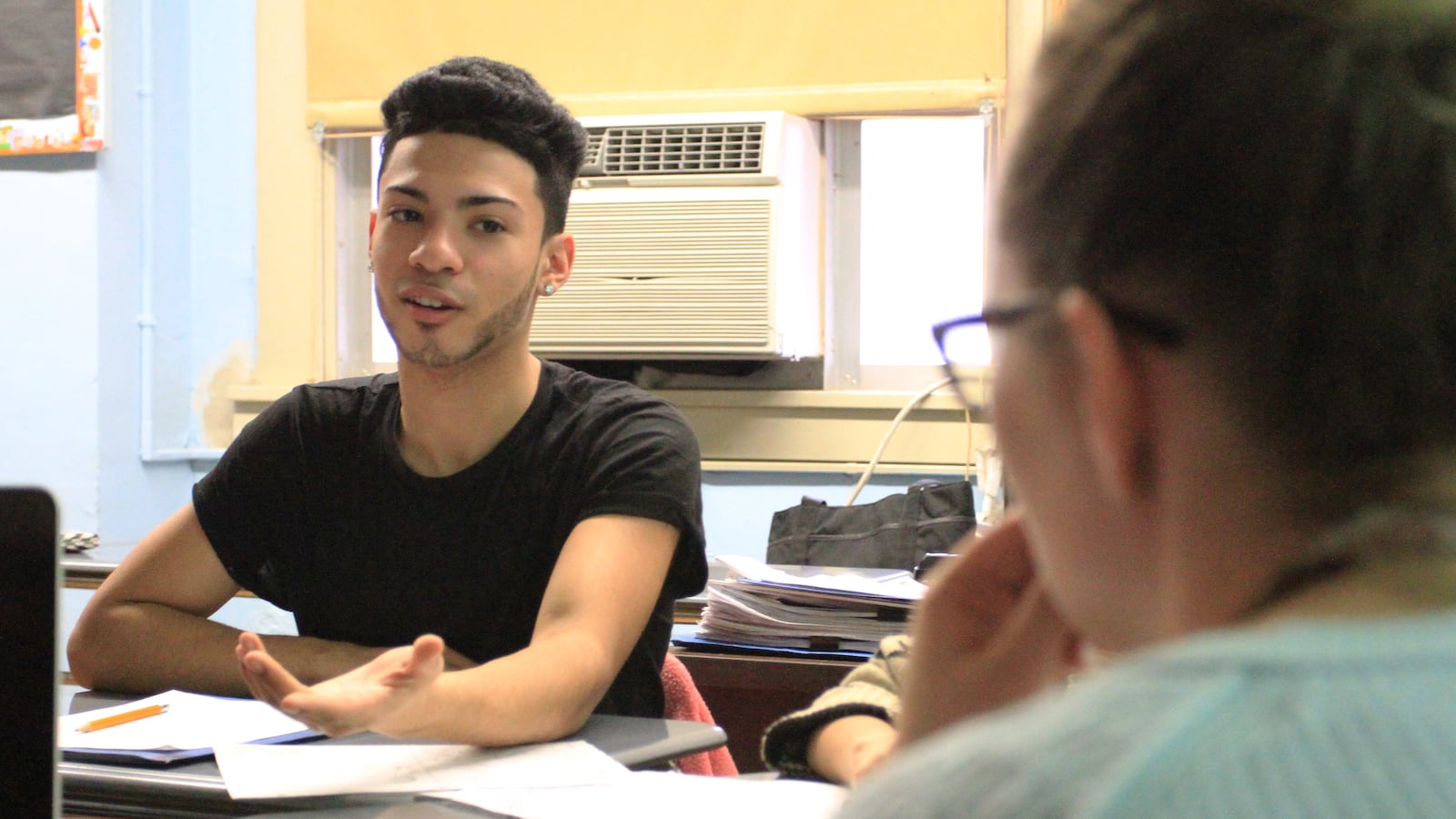The city will not operate its summer youth employment program this year, officials announced Tuesday, a setback for tens of thousands of young people who rely on the minimum wage jobs for income to help their families and gain professional skills.
The decision to cut the program — which dealt a blow to the city’s already strained nonprofit sector — was made “out of an abundance of caution for our young people, providers and worksites” amid the coronavirus pandemic, NYC Department of Youth and Community Development Commissioner Bill Chong wrote to nonprofits on Tuesday.
“Unfortunately, the uncertainty over how COVID-19 will continue to affect social distancing guidelines, worksite availability, and provider and site staffing as we head into late spring and summer makes it difficult to ensure that [the program] can be operated safely and efficiently,” Chong wrote.
The summer youth employment program is a New York City mainstay: It’s been running since 1963 and is the largest program of its kind in the nation.
Some advocates and organizations said the decision was made too hastily and without thought to alternative solutions. The jobs, in the nonprofit, government, or private sectors, are a lifeline for many families during normal times and could have been even more crucial amid the job losses tied to the pandemic. Additionally, many advocates say the program could have occupied young people during the summer months, when social distancing rules may still be in effect.
“Many of these paychecks are going to low-income families across the city and communities that have been hardest hit by the pandemic,” said J.T. Falcone, a policy analyst for United Neighborhood Houses, which represents settlement houses that support summer programs for youth, including employment programs.
The city is already expecting massive economic fallout from the pandemic, which has killed more than 3,200 New Yorkers. Mayor Bill de Blasio had asked his departments to find $1.3 billion in savings for the rest of this fiscal year and the following one. On Tuesday, the city counted the $124 million cut to the summer employment program among those savings. Because of the pandemic, officials said it was “unclear” if it was safe to operate the six-week program that provided jobs to roughly 75,000 young people between the ages of 14 to 24 last summer.
Nonprofits dismissed this rationale, saying they were hoping to have the opportunity to find innovative ways to shift summer jobs to remote work sites. Several leaders said they had already started thinking of ways to provide job training and resumé building activities for students, recognizing that in-person work may be impossible this summer because of the virus.
The city, however, is not giving the organizations a chance to explore alternatives, saying it will not reimburse any expenses incurred for the program as of Wednesday — which could result in immediate job losses at several organizations, nonprofit leaders said. Some providers were already fearful of budget cuts. But Tuesday’s news felt so abrupt, it made Julie Stein Brockway, executive director at Center For Family Life, feel like she was going to “throw up.”
“This was a hasty decision that ignored the brain space and the excellent thinking that is around the field,” said Stein Brockway, whose organization is based in Brooklyn’s Sunset Park.
Fort Hamilton High School junior Sue Najm, 17, had applied to the program and was hoping to be placed in a politics-related job this summer. As a child in foster care, she was looking forward to earning her own paycheck and feeling more financially independent. Mostly, she wanted experience in a field that has long interested her and wanted to learn more about social justice.
“For them to say it is canceled, that’s when everything kind of went down for me for one second,” Najm said. “They already took away school.”
Najm is a member of the student activist group Teens Take Charge, which last week started a petition calling on the city to expand the summer youth employment program, garnering more than 1,710 signatures in five days.
ExpandEd Schools was “already planning for various scenarios to enable teens to work this summer, whether they’re working remotely or under less restrictive public health directives,” said Saskia Traill, president and CEO of ExpandEd, which provides after-school and other enrichment programs for students.
Troy Anthony, interim director of legacy and internship programs at the Bronx’s DreamYard Project, said he’s trying to set up a three-week program for his students that focuses on job training and projects that students can participate in remotely with companies that are willing to help. But that involves raising money.
“The tricky part for me is going to be money, which we’re gonna figure out hopefully,” Anthony said.

